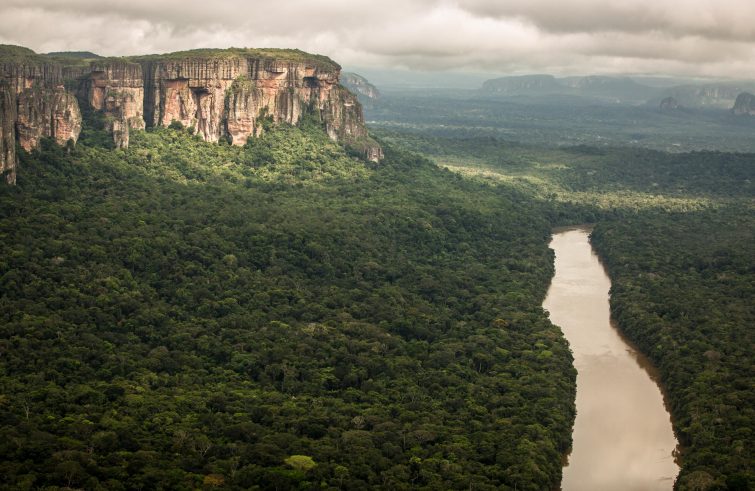
“We would like to express our bewilderment and sometimes our feeling of powerlessness in contemplating and experiencing the situation that our planet lives in, because of climate change and its catastrophic impacts on humanity and on the common home, as Pope Francis calls it. As men and women of good will, we have listened to the cry of the poor and the cry of the earth that groans as in the pains of childbirth (Rom 8,22) and therefore, with great concern, we address you in the current state that our threatened and wounded planet is in”. This was written and addressed to the leaders of the countries taking part in Cop26 in Glasgow by the Bishops’ Conference of the Amazon (Ceama) and by the Pan-Amazonian Ecclesial Network (Repam), in an appeal signed by cardinal Claudio Hummes, father Alfredo Ferro (president and executive secretary of Ceama), cardinal Pedro Barreto and father João Gutemberg Sampaio (president and executive secretary of Repam).
The appeal reads: “Amazonia – a huge area full of ecological and cultural biodiversity, a strategic place for mankind and for the planet – is dramatically affected by environmental degradation and by the consequences of climate change, caused by greenhouse gas emissions”. Amazonia “is threatened for several reasons: the environmental policies of insensitive, uncompromising governments, the prevailing extractivism, the deforestation of the woods, indiscriminate and ever-increasing fires, the pollution of rivers. It is the poor who mainly pay for such ecological, climatic problems”.
Ceama and Repam write: “You have the opportunity to take extraordinary decisions, that may avoid an impending, sometimes already occurring, catastrophe, caused by public and private policies and decisions. We cannot wait any longer, we would like to see tangible results leading to a change of route, once and for all. We run the risk that the earth’s warming may reach 2.4 degrees. We need honesty, courage and responsibility, especially on the part of the most powerful and polluting countries. We are confronted with a climate crisis, we cannot tolerate that the privileges of the few come before the common good”.
The appeal ends like these words: “We hope you will listen to our plea, along with those of many Amazonian populations, the centuries-old guardians of the land, who now can see how unsuccessful the policies implemented by their governments are turning out to be. We cannot lose hope, and, if we have, then the decisions taken must firmly and appropriately address the roots of the problems, so that what the Colombia-born winner of the Nobel Prize for Literature, Gabriel Garcia Marquez, wrote in his masterpiece ‘One hundred years of solitude’ will not happen: ‘Races condemned to one hundred years of solitude did not have a second opportunity on this earth’”.
